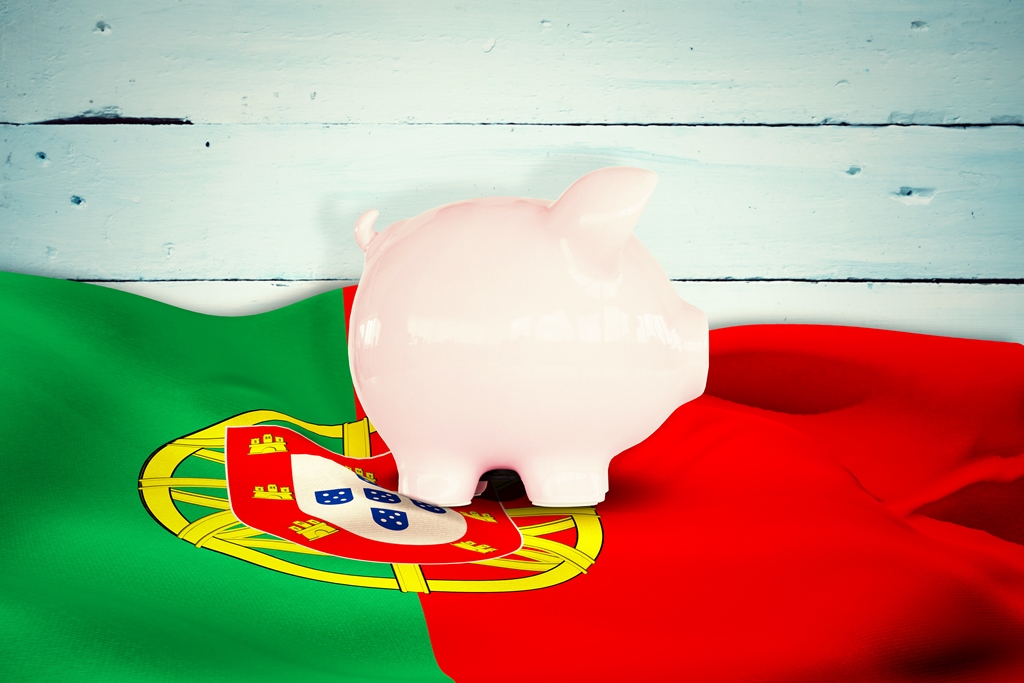Daring to invest in people – lessons from Portugal

Last week, Prime Minister of Portugal António Costa came to Brussels and laid out his hopes for Europe’s future, in the framework of current negotiation processes regarding the EU budget post-2020. In the past, Portugal was one of the Eurozone’s under-achievers: today, its government has proven its ability to pull its citizens out of austerity while reducing its deficit, winning praise from the European institutions. What are the ingredients for Portugal’s success, and will it inspire EU decision-makers to shape a more inclusive Europe that puts social investment at its heart?
In 2015, newly-appointed Portuguese Prime Minister António Costa promised to break “the spiral of austerity” in his country. Priority was given to economic growth, job creation and the reduction of inequalities, which for him would allow, on a sound basis, the balancing of public accounts. Today, the country’s economic success arouses surprise and envy among most European countries; growth has reached nearly 3%, and unemployment which peaked at 16.2% in 2013, fell to 9%. The fact that this was achieved while enforcing strict rules imposed at EU level shows that economic growth needn’t come at the expense of people’s social rights and well-being.
To reinvent their country as one of the Eurozone’s shining stars the Portuguese government developed its policy in a very pragmatic way, seeking agreements not on the differences between the members of the coalition, but on the common will to turn the page of austerity. They agreed to try to increase the income of the Portuguese, especially the poorest, taking into account as much as possible the European rules. The aim was to create a society with more cohesion, able to fight social inequalities.
Being pragmatic and building on common ground is the same approach that Mr Costa is encouraging the EU to take in the current budget negotiation process. In this framework, he stresses the importance of sustaining strong cohesion policies and related funding, despite Brexit and priorities related to defense and migration. For him, Member States must both increase their contributions and find other sources of income. Again taking a pragmatic and fair approach, he recommends tapping into the digital economy and imposing fair taxes on large corporations.
Finally, but most importantly, a key ingredient of success has been to restore people’s confidence and trust in the government and economy: Fernando Gomes, a Lisbon bus driver, explains that people are “able to breathe out again”, and the mayor of coastal town Viana do Castelo says “we’ve come through our depression and are optimistic again”.
Europe is at a turning point in its history. Will it choose to mainly prioritise its investment in areas such as defense and security policies to the detriment of EU long-term strategic objectives to tackle poverty, social exclusion and inequalities? Or have EU decision-makers learned some lessons and understood that unequal societies are unstable, that sharing economic opportunity more widely makes society safer, and therefore investment in people is a must? Time will tell, but for now we have a window of opportunity to get the right priorities on the table.
Best wishes,
Kélig Puyet, Director of Social Platform













































